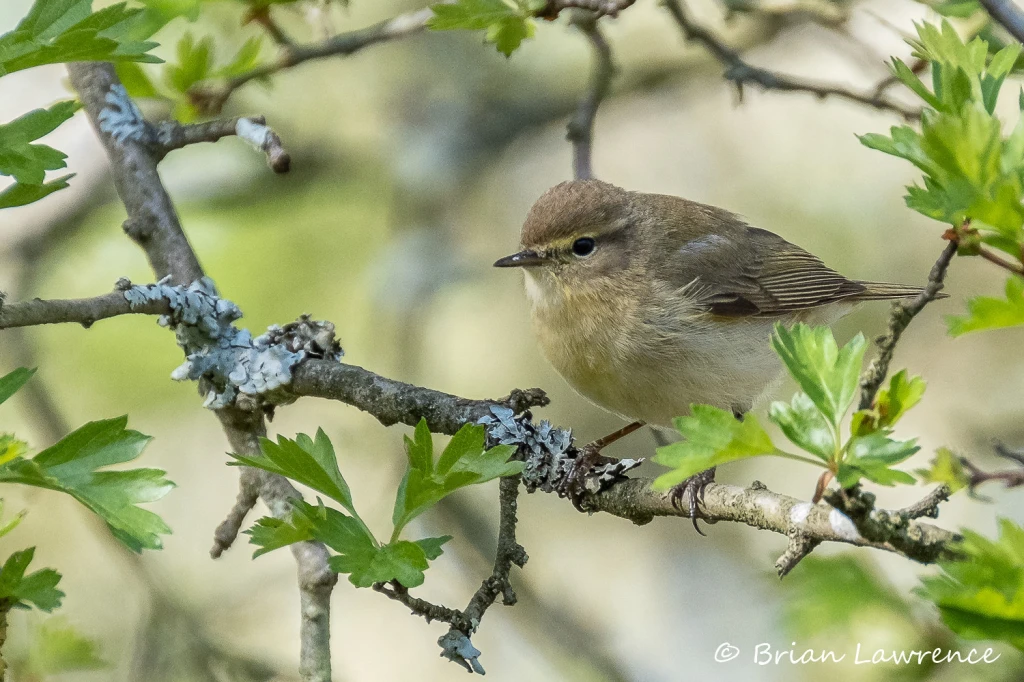The True Sounds of Night, Part 2 will be here soon, but I wanted to take seasonal advantage of today’s post before the moment is lost.
I heard my first chiffchaff of the year today. Small as this occurrence might seem, small my nod of recognition, small as the bird is itself, it is a triumph of the still-early year. The chiffchaff is one of our very earliest spring arrivals, arriving from the Saharan south in mid-March when the land here is still winter-dim, so there is a glorious sense in which its bright notes carry a little of the warmth and light yet to come. Its plumage conveys something of this spring promise: a dusky, suffuse dun, but with the subtlest, emerging hint of mossy green—a small brightening.

The chiffchaff’s song is only two notes. Actually, it’s often three, sung like a small child determinedly chanting its first numbers, but it’s two that have been remembered in its mimetic name: chiff chaff, chiff chaff, chiff chaff … To be sure, it is monotonous. It has nothing of the blackcap’s variety and sweetness, nor the wood warbler’s silvery, tremulous splendour. But it is the most spring-like of all to me; unquestionably defiant, definite, delivered with such unfaltering and vital energy. The chiffchaff hammers those metallic notes on the anvil of its own syrinx. Translated into poetry, they are spondees, each one equally emphatic with no room for lesser syllables. CHIFF CHAFF CHIFF CHAFF CHIFF CHAFF …

The name feels old, but is recorded no earlier than Gilbert White’s famous references to the bird. Very early English people must surely have had a name for this spring chimer, but if they did it fell out of use, or lives on secretly in some county dialect word for this little leaf sprite (perhaps even chiffchaff itself, the local Hampshire name that White obviously inherited?)
Strangely, the bird doesn’t have the same popularised status as other, more celebrated summer migrants. It ought to, though, and ought to be better known—this bird that arrives well before most others, declaring its gladdening presence right across the land with such hopeful insistence and never letting up.
